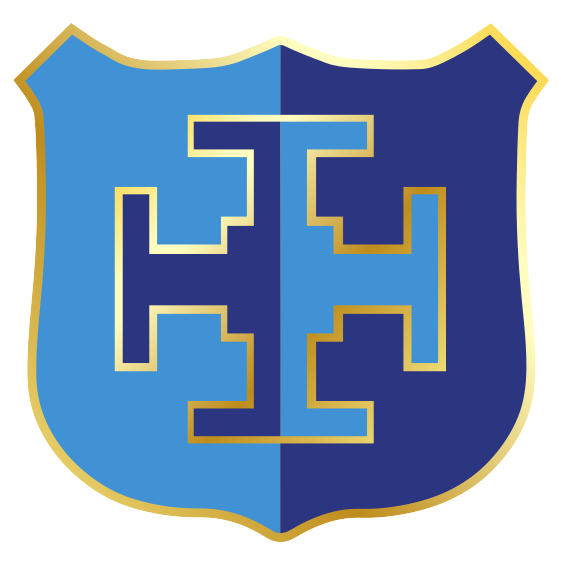Intent
At Our Lady and St Chad Catholic Academy, English is a vibrant, profound and dynamic subject which inspires and underpins every significant aspect of life. Independent learning and articulate, confident self-expression are outcomes we aim for all of our students to achieve. Together, we will broaden their understanding of the world and enable them to become confident orators, writers and readers who are able to critically appreciate different perspectives. The curriculum is achieved through a variety of methods which consider the different learning needs of our diverse students. Our philosophical intention is to enrich the cultural opportunities for all pupils through the wealth of experiences and texts we offer, so every child can achieve their full potential. Our curriculum engages every pupil’s moral compass and together we will emulate the love of Christ.
Our curriculum goes far beyond what is taught in lessons, for whilst we want students to achieve the very best examination results possible, we believe our curriculum goes further than what is examinable. We do this through regular exposure to a wide range of the finest fiction and non-fiction texts, exploring them through practical, creative and analytical approaches. We invest in spoken language skills. We offer extra-curricular clubs in creative writing and debating. Enthusiasm is modelled by our staff and praised in our students who are engaged and motivated to do well.
As a knowledge-engaged curriculum, we believe that knowledge underpins and enables the application of skills; both are entwined. As a department, we define the powerful knowledge our students need and help them recall it by having a carefully planned progression through our curriculum with content and skills clearly defined in our schemes of work alongside a regular focus on learned content. We have bespoke knowledge organisers to accompany units. Students have access to the content they need through department-based resources – and are informed about other resources they can access.
Implementation
Collaborative curriculum planning lies at the heart of what we do in the department. We both liaise with external agencies, subject specialists and research to inform our planning. We are committed to developing our schemes of work continuously. These are focused on embedding challenge, metacognition, memory techniques and literacy into our curriculum.
Our curriculum covers the different areas of reading and writing fiction and non-fiction, and study of literary texts each year with the increasing sophistication of skills and regular spiralling back to ensure key content is secure. Discussion and debate are a regular feature of lessons, as is extended reading and writing. We engage with real life contexts, where possible, to enable students to connect their learning with the world beyond.
Alongside our schemes of work, we are developing knowledge organisers. This is enabling us to define the core knowledge our students need to master.
Impact
By the time pupils leave Our Lady St Chad Catholic Academy, they will have read a variety of different kinds of texts; both fiction and non-fiction. They will also be fluent readers and confident writers and should be able to clearly express their opinion on a range of topics through the lexical set they would have developed in English lessons. Our students will know how to determine the difference between formal and informal writing and will know when to use language appropriately to suit different audiences. They will be articulate speakers and writers who can communicate effectively in a wide range of contexts.
GCSE learners, in particular, will become critical thinkers who are able to analyse language and the structure of writing in detail. Ultimately, the impact of our English curriculum will see our learners leave to go to college, apprenticeship or to enter the world of work with the necessary communication and literacy skills to survive and thrive in an increasingly competitive and unpredictable world.
Progression Map
Please view the additional documents in school:
- Curriculum on a page
- Knowledge Organisers

